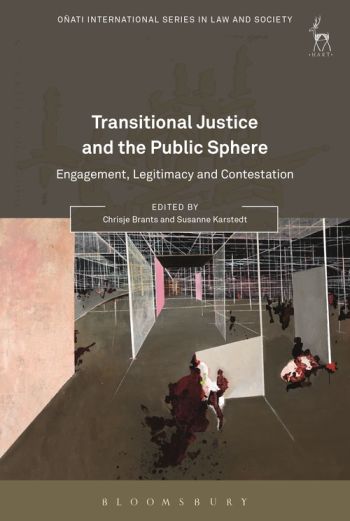
Transparency is a fundamental principle of justice. A cornerstone of the rule of law, it allows for public engagement and for democratic control of the decisions and actions of both the judiciary and the justice authorities. This book looks at the question of transparency within the framework of transitional justice. Bringing together scholars from across the disciplinary spectrum, the collection analyses the issue from socio-legal, cultural studies and practitioner perspectives. Taking a three-part approach, it firstly discusses basic principles guiding justice globally before exploring courts and how they make justice visible. Finally, the collection reviews the interface between law, transitional justice institutions and the public sphere.